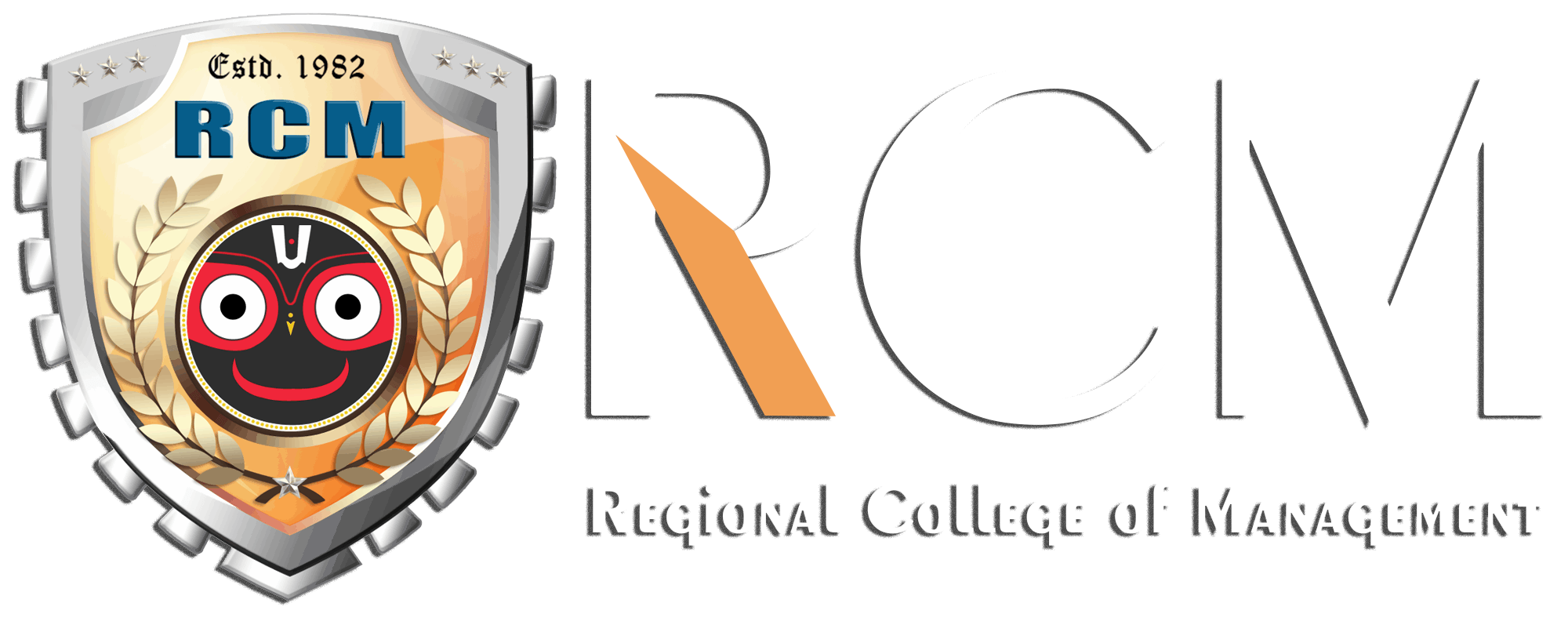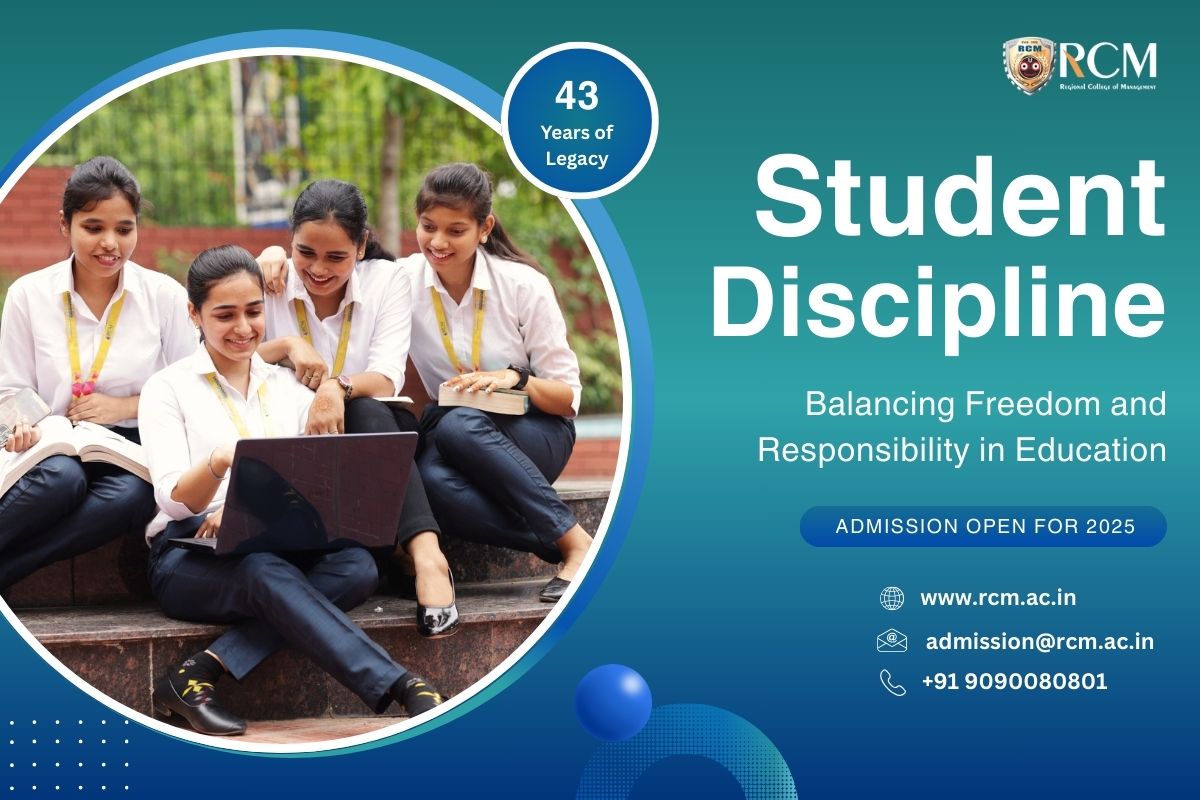Introduction
In today’s fast-paced world, education is not just about academic learning but also about instilling values that shape a student’s future. One of the key aspects of a well-rounded education is student discipline. Striking the right balance between freedom and responsibility in education is crucial to ensuring students develop into responsible and well-adjusted individuals. However, achieving this balance can be challenging, as excessive discipline may suppress creativity, while too much freedom can lead to a lack of accountability.
Understanding Student Discipline
Student discipline refers to the rules, regulations, and self-control that govern student behavior in an educational setting. It is a vital component of a structured learning environment, ensuring that students stay focused on their studies while also respecting authority and their peers. Effective student discipline teaches students to manage their time, adhere to ethical standards, and cultivate positive relationships.
The role of student discipline is not limited to punishment but extends to guiding students towards making responsible choices. A disciplined student is more likely to exhibit perseverance, integrity, and self-motivation—traits that contribute to academic success and personal growth.
The Importance of Balancing Freedom and Responsibility
While discipline provides structure, freedom allows students to explore their potential. The key is to find a balance where students have the liberty to express themselves while maintaining a sense of responsibility for their actions.
- Encouraging Self-Discipline
One of the best ways to instill student discipline is to encourage self-discipline. Rather than imposing strict rules, educators and parents should help students understand the consequences of their actions. When students learn to regulate their behavior voluntarily, they develop self-control and accountability. - Setting Clear Expectations
Clear guidelines play a crucial role in ensuring student discipline. Schools and colleges should define rules and expectations clearly so that students know their boundaries. When rules are well-communicated and justified, students are more likely to follow them willingly. - Promoting Critical Thinking and Decision-Making
A crucial part of balancing freedom and responsibility is allowing students to think critically about their choices. Giving students opportunities to make decisions, even if they fail at times, helps them understand accountability. Student discipline should not be about mere obedience but about making informed decisions that benefit both the individual and the community.
Strategies for Maintaining Student Discipline
- Positive Reinforcement Rewarding good behavior and acknowledging responsible actions help reinforce student discipline. When students see that responsible behavior is appreciated, they are more likely to continue it.
- Consistent Consequences While freedom is important, students should understand that there are consequences for irresponsible behavior. Schools should have a fair disciplinary system that enforces rules consistently.
- Role of Teachers and Parents Teachers and parents play a pivotal role in shaping student discipline. By setting a good example and practicing what they preach, they can encourage students to adopt responsible behaviors.
- Encouraging Time Management Students should be encouraged to plan their schedules effectively. Time management is a vital aspect of student discipline that ensures students meet deadlines and prioritize tasks responsibly.
The Impact of Poor Discipline on Education
When student discipline is neglected, the learning environment suffers. Lack of discipline can lead to distractions, reduced academic performance, and behavioral issues. Unchecked freedom may result in students making poor decisions that affect their education and future prospects. On the other hand, a rigid and authoritarian approach can suppress creativity and make students fearful of expressing themselves.
Conclusion
Balancing freedom and responsibility is key to fostering student discipline effectively. While students should have the liberty to explore and express themselves, they must also learn the importance of accountability. Schools, teachers, and parents must work together to ensure that discipline is instilled not through fear but through guidance and encouragement. By maintaining this balance, students can develop into responsible, well-rounded individuals who are prepared for both academic and personal success.
























